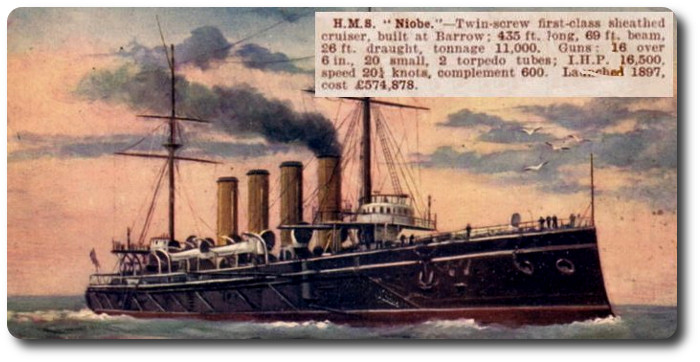A Playful Army
Topic: Humour
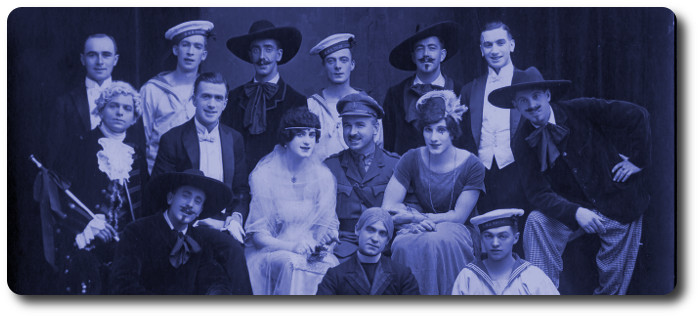
A Playful Army
Games at the Front
Sense of Humour the Secret of Courage
The Glasgow Herald, 18 September 1915
(From "The Glasgow Herald" and "The Daily Chronicle" Special Correspondent, Philip Gibbs.)
General Headquarters.
Heaven knows there is enough pain out here to make a little sport nor only permissible behind the fighting lines, but a necessity for the sanity and normal-mindedness of our soldiers. Our men's instinct for this will not be thwarted, and is rightly encouraged by their officers, who make a duty of stamping out incipient pessimism. So, very close to death in the war zone, one finds a spirit of playfulness and startling contrasts of suffering and gaiety separated by no more than a field or two. I remember, a long ago as last March, watching the edge of a battle which began with a concentrated bombardment and ended with an infantry attack on some enemy trenches. Men were undergoing a great ordeal of fire through that haze of smoke, and below the incessant flash of bursting shell, but amidst all the din of guns I heard the shouts and cheers of some Royal Scots in a field less than a mile away from where I stood, and a shrill whistle blowing. They were playing a game of football, careless of the deadly game so close to them.
An Australian officer out here saw the same contrast of comedy and tragedy in close juxtaposition only a few days ago, and in a speech to some troops who had been enjoying a concert behind the lines he praised them for the spirit revealed by such incidents. "Some people," he said "may think it callous that men should play while their comrades are being killed. But our here we know that those who do so are ready to finish their games and go into battle when the time comes, and fight as gallantly as those who went before. It's the game that keeps their spirit up." Some kind of game the British soldier must have, however near the risk of death may be, and he is ingenious in his devices to find a little sport. A week or two ago a regatta was organised on a canal which is justly regarded as a most "unhealthy" place for pleasure parties. Between the tug-of-war in boats, the swimming races, and water-tilts there was a scamper to the dug-outs, as the enemy's shells began their afternoon's "hate," but though the programme was interrupted it continued to the end.
A Good Tonic
The spirits of the men have been for a long spell in the trenches are wonderfully revived by the sports which are now organised in the camps, and a week or two ago when I went to one of these meetings it was a splendid thing to see the keenness and zest with which a body of London territorials competed in the various events. A band was playing, and there were refreshment tents under the cover of the woods, and for a little while the grim side of war was forgotten. Last night again I went into a camp where a field ambulance is established, and where in a barn lay a number of wounded men who were the victims of that daily list of casualties which are brought down from the trenches with horrible regularity, although there is "nothing doing" at the front. They lay here on their stretchers, very quiet under two blankets, and in another barn the men who had carried them down at the risk of their own lives were playing cards, laughing at the freaks of luck. Overhead came a British aeroplane promptly shells by German "Archibalds." In the field across the hedge was an enormous crater which had been scooped out by a 12-inch shell, whose base weighing 150 lbs., had hurtled backwards for 200 yards and burst very close to the wounded men. While I stood watching the card players some shrapnel shells were bursting over a neighbouring wood, but did not spoil the laughter over the game in the barn, nor the meditations of the literary corporal on a biscuit box who was editing the next week's number of "The Lead-Slinger" and composing his editorial notes.
"A future subscriber," he was writing, "hopes it will be a Hooge success." He explained that the title of the paper had nothing to do with plumbing, "although many of the staff had water on the brain, and are light-headed, and full of gas." There might be shells overhead, but the comic poet of the West Riding Field Ambulance was in a playful mood and not to be put off his parody of "There is a tavern in the town." His first lines were a good beginning.
"There is a cavern in the ground,
In the ground.
Where in the winter I am drowned,
I am drowned."
There are many of these literary publications in the trenches and behind the lines. One day perhaps many of them will find their way into the British Museum as historical relics of the great world war. If so posterity will acknowledge the sense of humour of those men who fought in 1915. It is a humour which jests at death and finds the spirit of mirth in the discomforts and dangers of the trenches and the dug-outs. It is this sense of humour which is the secret of courage. If it were not encouraged out men would lose their nerve or become dull and dazed and spiritless. Trench life has that effect, and a general to whom I was speaking yesterday told me that when his men come out of the trenches he insists upon a very punctilious discipline with regard to saluting a reporting small incidents of their sentry duty and other little tests of observation and intelligence. But the best stimulant of the brain and heart is the gift of laughter, and for this purpose theatricals and concerts are found to be most effective.
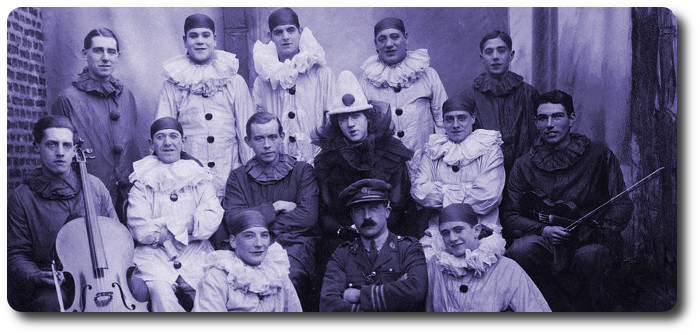
Dramatic Entertainments
Most divisions now have their dramatic entertainments, and draw upon the wealth of talent in their ranks. Some weeks ago I went to one of them only a few miles from the German lines. It was held in an old sugar factory, and I shall long remember the impressions of the place, with 700 or 800 men sitting in the gloom of that big, broken, barn-like building, where strange bits of machinery loomed through the darkness, and where through gashes in the walls stars twinkled. There was a smell of clay and moist sugar and tarpaulin and damp khaki, and chloride of lime, very pungent in one's nostrils, and when the "Follies" begun their performance the curtain went up on a well-fitted stage and the squalor of the place did not matter. What mattered was the enormous whimsicality of Bombardier Williams at the piano, and the outrageous comicality of a tousled-haired soldier with a red nose who described how he had run away from Mons "with the best of you," and the light-heartedness of a performance which could have gone straight to a London music hall and brought down the house with jokes and songs made up in dug-out and front-line trenches. From the great audience of soldiers there were yells of laughter, though the effect of shells arriving at unexpected moments in untoward circumstances was a favourite theme of the jesters. Many of the men there were going into the trenches that night again, and there would be no fun in the noise of the shells, but they went more gily and with stronger hearts, I am sure, because of the laughter which had roared through the old sugar factory.
And a night or two ago I went to another concert and heard the same gaiety of men who have been through a year of war. It was in an open field under a velvety sky studded with innumerable stars. Nearly 1000 soldiers trooped through the gates and massed before the little canvas theatre. In front a small crowd of Flemish children squatted on the grass, not understanding a word of the jokes, but laughing in shrill delight at the antics of the soldier-Pierrots. The corner-man was a funny fellow, and his by-play with a stout Flemish woman round the flap of the canvas screen, to whom he made amorous advances while his comrades were singing sentimental ballads, was truly comic. The hit of the evening was when an Australian behind the stage gave an unexpected imitation of a laughing jackass. There was something incredibly weird and wild and grotesque in that prolonged cry of cackling unnatural mirth. An Australian by my side said, "Well done! Exactly right!" and the Flemish children shrieked with joy, without understanding the meaning of the noise. Old, old songs belonging to the early Victorian age were given by soldiers who had great emotion and broke down sometimes in the middle of a verse. There were funny men dressed in the Mother Twankey style or in burlesque uniforms who were greeted with veils of laughter by their comrades. An Australian giant played some clever card tricks, and another Australian recited Kipling's "Gunga Din" with splendid fire. And between every "turn" the soldiers in the fiels roared out a chorus:—
"Jolly good song,
Jolly well sung,
If you can think of a better you're welcome to try,
But don't forget the singer is dry,
Give the poor beggar some beer!"
A touring company of mouth organ musicians is having a great success in the war zone. But apart from all these organised methods of mirth, there is a funny man in very billet who plays the part of the court jester, and shows it whatever the state of the weather or the risks of war. The British soldier will have his game of "House" or "Crown and Anchor" even on the edge of the shell storm, and his little bit of sport wherever there is room to stretch his legs. It is a playful army, and those who see it, as I am seeing, the daily tragedy of war, never ceasing, always adding to the sum of human suffering, are not likely to discourage that playfulness.

Posted by regimentalrogue
at 12:01 AM EST
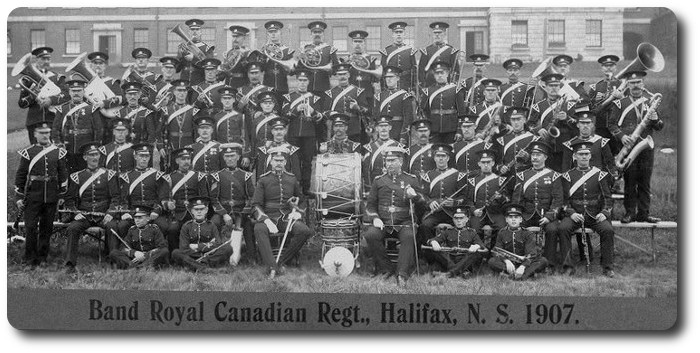



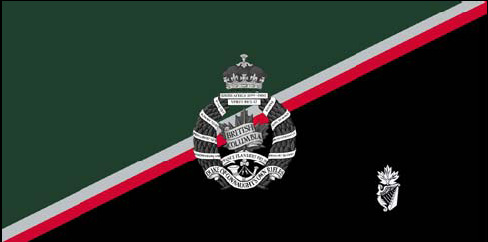





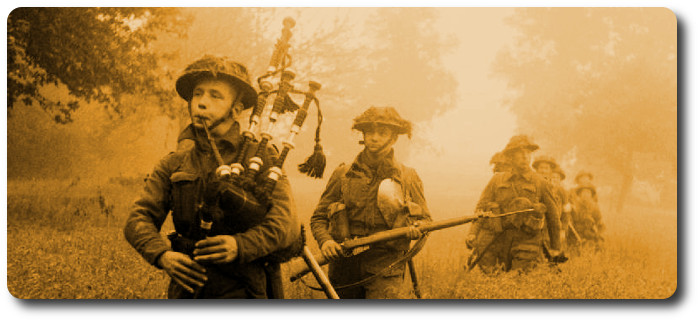

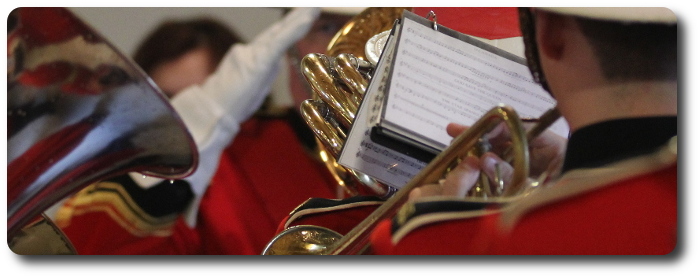


 An inconvenience has lately arisen from soldiers of the Militia Force now called out for service in the Province, having been found at considerable distance from their station, without proper passes signed by their Commanding Officers, and as expense has likewise been incurred by their apprehension as Deserters by some of the look-out parties on out-post duty for the purpose of preventing Desertion, the Lieutenant-General Commanding, although believing that the absence of these men from their Corps or Detachment, without proper passes, doubtless arose from ignorance of the custom and usage of the Army, desires to caution in the most public manner he can, not only them, but the Militia Force generally, who are now called out for duty, as well as to warn their friends throughout the Province, who might from ignorance of the serious nature of the crime of absence without leave on the part of soldiers prevail upon them from mistaken friendship or kindness to absent themselves, and of the danger these men thereby run of being apprehended and tried by Court Martial for Desertion : The Lieutenant-General has been informed that some of these men who have been taken up, were not dressed in their proper uniform, therefore if the men who absent themselves from their Corps without leave and who are taken up thus improperly dressed, were they tried by Court Martial for desertion, there is little doubt they would be convicted.
An inconvenience has lately arisen from soldiers of the Militia Force now called out for service in the Province, having been found at considerable distance from their station, without proper passes signed by their Commanding Officers, and as expense has likewise been incurred by their apprehension as Deserters by some of the look-out parties on out-post duty for the purpose of preventing Desertion, the Lieutenant-General Commanding, although believing that the absence of these men from their Corps or Detachment, without proper passes, doubtless arose from ignorance of the custom and usage of the Army, desires to caution in the most public manner he can, not only them, but the Militia Force generally, who are now called out for duty, as well as to warn their friends throughout the Province, who might from ignorance of the serious nature of the crime of absence without leave on the part of soldiers prevail upon them from mistaken friendship or kindness to absent themselves, and of the danger these men thereby run of being apprehended and tried by Court Martial for Desertion : The Lieutenant-General has been informed that some of these men who have been taken up, were not dressed in their proper uniform, therefore if the men who absent themselves from their Corps without leave and who are taken up thus improperly dressed, were they tried by Court Martial for desertion, there is little doubt they would be convicted.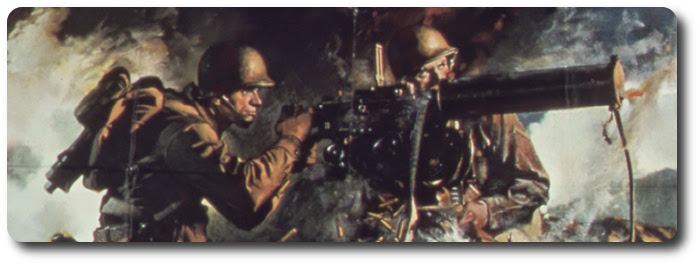
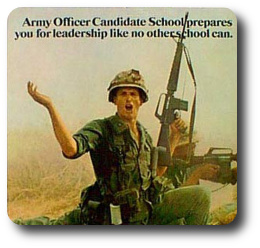
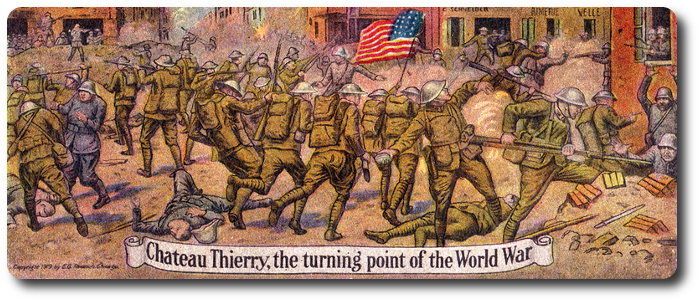
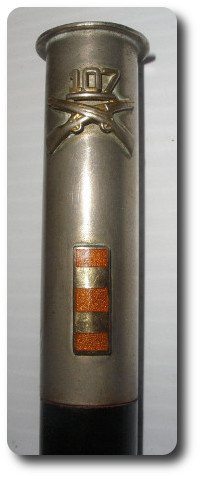 Swagger Sticks
Swagger Sticks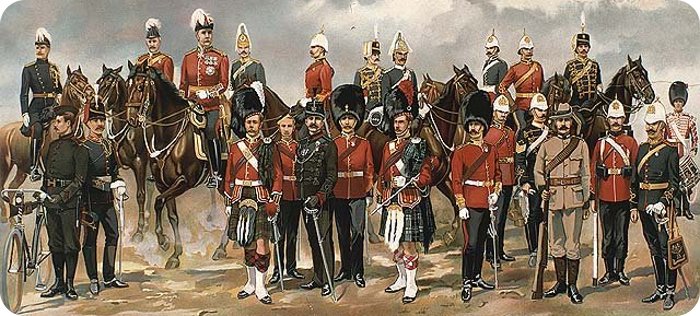
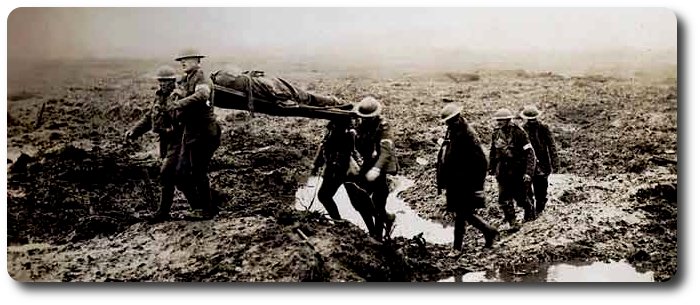

 Issue of Battle Lists
Issue of Battle Lists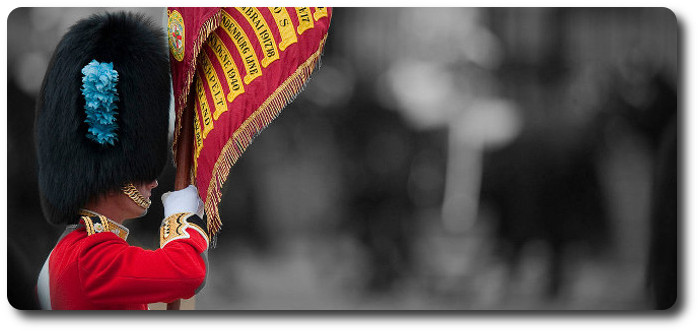
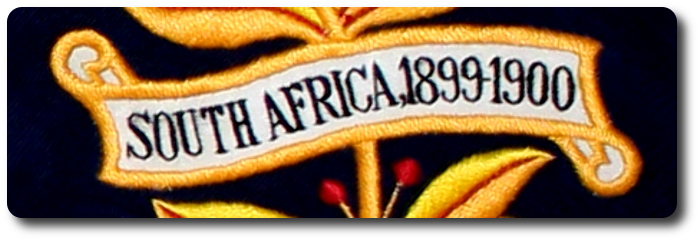
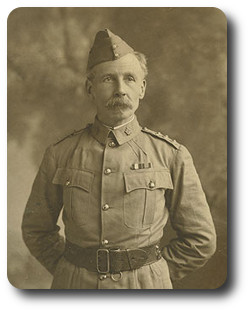 Ottawa, Oct. 5.—The South African mail, which arrived to-day, brought several reports to the Militia Department.
Ottawa, Oct. 5.—The South African mail, which arrived to-day, brought several reports to the Militia Department. 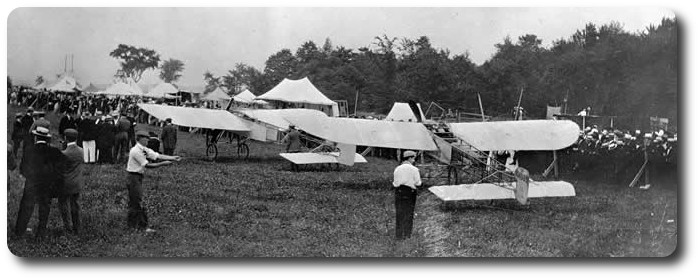
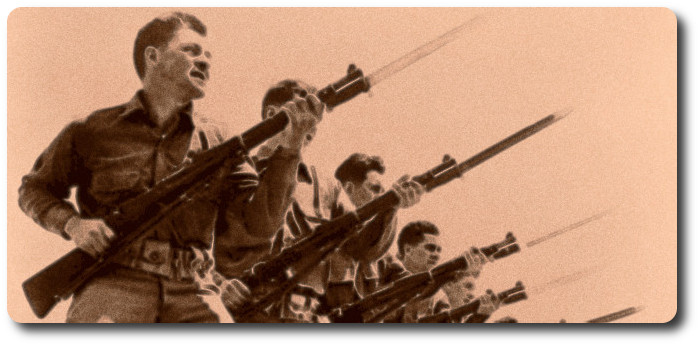


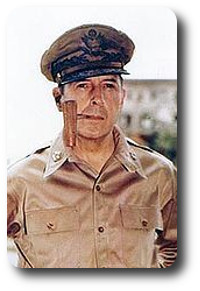
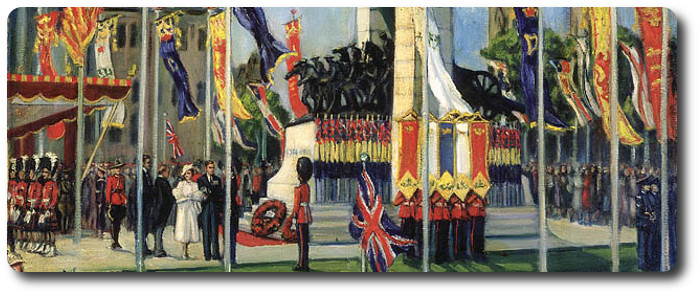
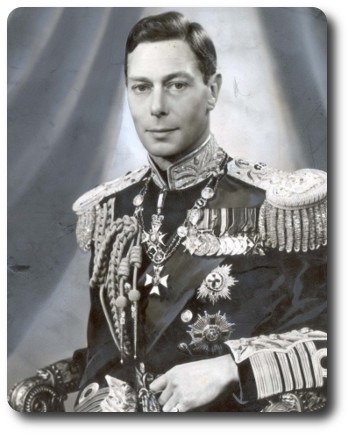
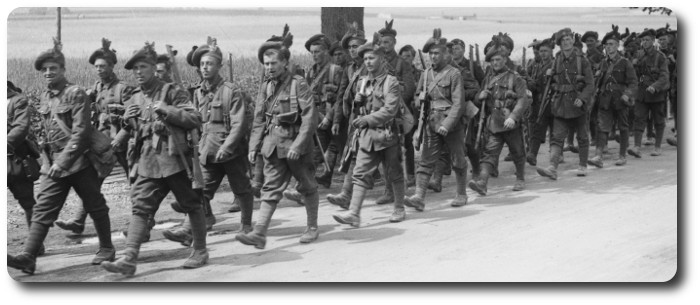
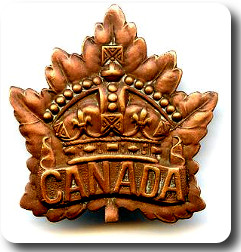 Reports from various parts of the country state that a larger percentage of native born Canadians are enlisting in the second contingent than went out with the first. In the first contingent it is said that only thirty per cent. of those who volunteered were native born Canadians, the remainder being British born, many of whom had some previous military training. Another factor noticeable in connection with the recruits for the second contingent is that they are a better type of men. The first contingent was largely made up of adventurers, while the recruits for the second contingent consist very largely of men holding responsible positions, who are throwing these up and going to the front from a sense of duty. Hundreds of college men will go out with the second contingent, while numbers of college professors from different universities have enlisted and are taking their places in the ranks. Business men from big corporations, banks, farmers' sons and others are vieing with one another in rallying to the call for men.
Reports from various parts of the country state that a larger percentage of native born Canadians are enlisting in the second contingent than went out with the first. In the first contingent it is said that only thirty per cent. of those who volunteered were native born Canadians, the remainder being British born, many of whom had some previous military training. Another factor noticeable in connection with the recruits for the second contingent is that they are a better type of men. The first contingent was largely made up of adventurers, while the recruits for the second contingent consist very largely of men holding responsible positions, who are throwing these up and going to the front from a sense of duty. Hundreds of college men will go out with the second contingent, while numbers of college professors from different universities have enlisted and are taking their places in the ranks. Business men from big corporations, banks, farmers' sons and others are vieing with one another in rallying to the call for men.